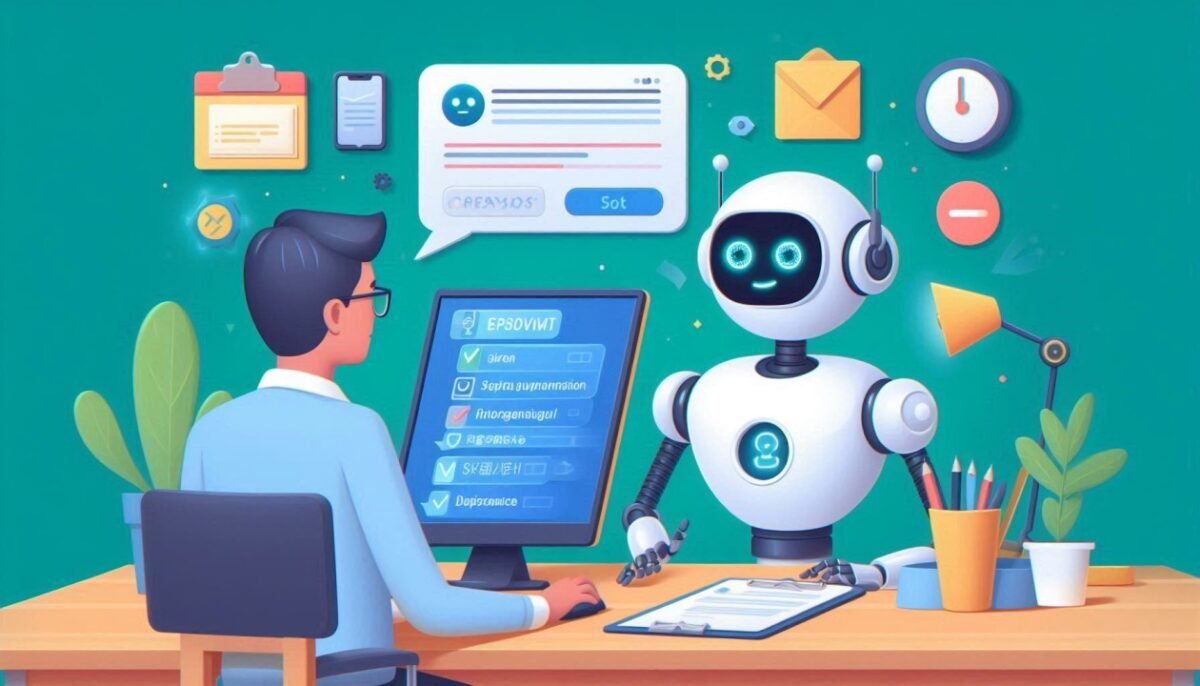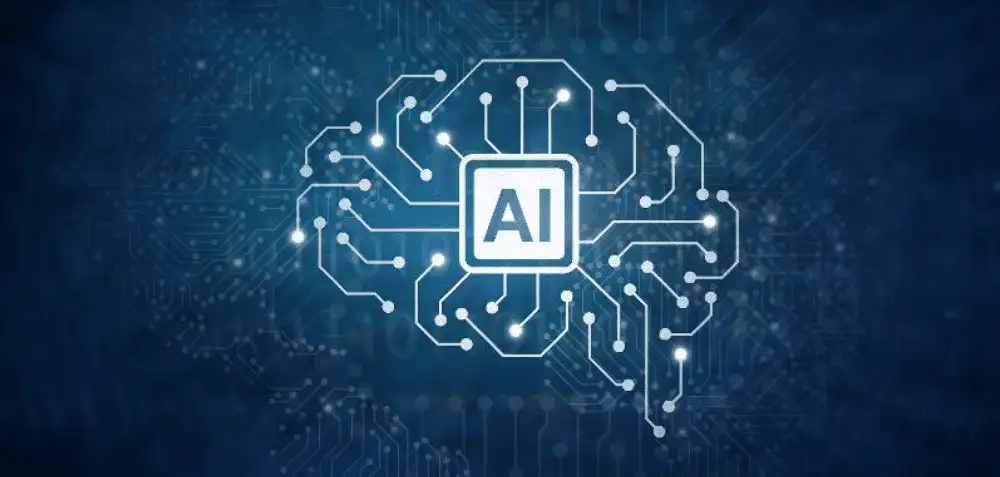Artificial Intelligence continues to revolutionize every corner of the hiring process. In 2025, AI interview assistants have become essential companions for job seekers aiming to stand out in competitive markets. These smart platforms provide tailored simulations, actionable feedback, and performance analytics—taking interview preparation far beyond traditional methods.
Why AI Interview Assistants Are Game-Changers
Today’s employers expect more than technical expertise. They’re evaluating cultural fit, emotional intelligence, and problem-solving skills. AI interview assistants help job seekers bridge these gaps by offering:
- Unlimited Mock Interviews: Practice anytime without scheduling constraints.
- Personalized Feedback: Pinpointing strengths and weaknesses with data-backed insights.
- Role-Specific Preparation: Customizing scenarios for fields like tech, design, finance, or healthcare.
- Confidence Building: Repeated practice reduces anxiety and improves delivery.
Key Features to Evaluate in 2025
| Feature | Why It’s Important | Example Application |
|---|---|---|
| Adaptive Learning | Adjusts to your skill level | Dynamic follow-up questions |
| Behavioral Coaching | Improves storytelling and responses | STAR-method guidance |
| Video & Tone Analysis | Refines non-verbal communication | Tracking gestures and voice clarity |
| ATS Compatibility | Prepares for recruiter systems | Resume parsing and relevance tips |
| Industry-Specific Modules | Ensures niche-focused preparation | UX or finance-specific scenarios |
Leading AI Interview Assistants in 2025
| AI Assistant | Strengths | Best For | Unique Feature |
|---|---|---|---|
| Interview Sidekick | Adaptive questioning, STAR coaching | All job seekers | Advanced behavioral analysis |
| Final Round AI | Multi-panel simulations | Mid-level professionals | Panel-style mock interviews |
| LockedIn AI | Quick scoring, resume integration | Entry-level candidates | Instant performance reports |
| PrepPal | Career trajectory planning | Career changers | Personalized pathways |
| MockMate | Simple, cost-effective practice | Students and interns | Mobile-first design |
Real-World Example
Rahul, a software developer transitioning to a product manager role, used Final Round AI to simulate product strategy interviews. After reviewing feedback on his communication and problem-solving skills, he adjusted his approach and successfully landed a senior-level job.
Advantages Beyond Interview Practice
- Time Efficiency: Practice anytime, even during travel or breaks.
- Objective Evaluation: Removes human bias in feedback.
- Skill Gap Discovery: Identifies areas requiring further learning.
- Enhanced Consistency: Tracks improvement across multiple sessions.
Future Trends to Watch
- VR and AR Integration: Immersive interview environments for realistic experiences.
- Emotional Intelligence Analysis: Measuring empathy and interpersonal effectiveness.
- Global Accessibility: Multilingual support and cultural customization.
- Comprehensive Career Coaching: Tools evolving into end-to-end career mentors.
Tips for Maximizing AI Interview Assistants
- Combine AI Practice with Real Feedback: Seek mentor or peer input alongside AI analytics.
- Simulate Real Environments: Practice in professional attire and quiet settings.
- Track Progress Regularly: Use data insights to refine weak areas.
- Focus on Niche Roles: Use specialized question sets for your target industry.
- Stay Updated on Features: New capabilities are added frequently—leverage them early.
Conclusion
AI interview assistants are redefining interview preparation in 2025. Tools like Interview Sidekick, Final Round AI, and LockedIn AI provide job seekers with tailored simulations, objective feedback, and convenient practice opportunities. By integrating AI-driven preparation with traditional methods like networking and mock panels, candidates can approach every interview with confidence, readiness, and a competitive edge.


